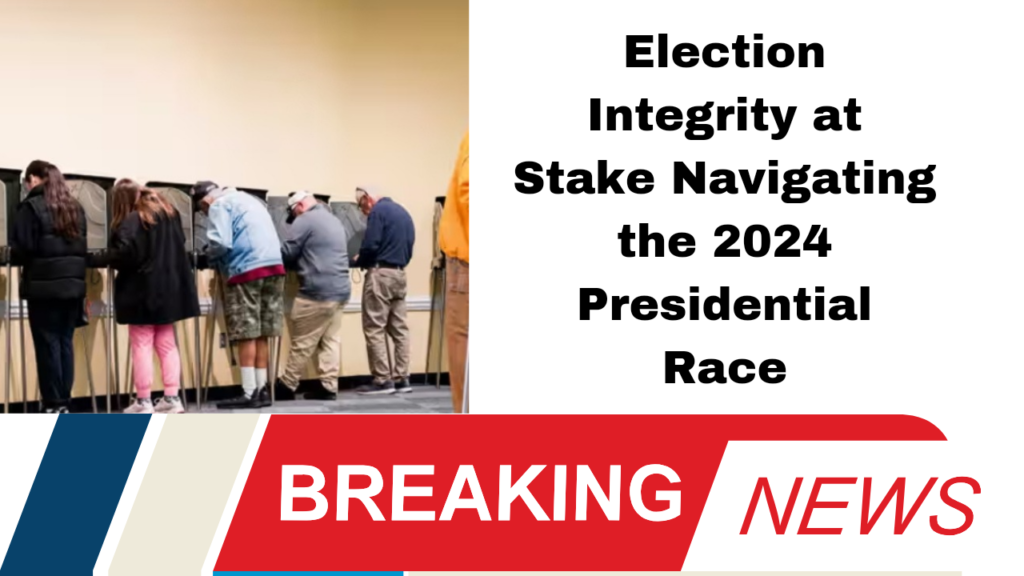As the 2024 U.S. presidential election approaches, the stakes have never been higher. With just two weeks to go, the political landscape is fraught with tension and uncertainty. This election is not merely a contest of candidates; it’s a battle over the very principles of democracy.
Since the controversial 2020 election, election denialism has shifted from the fringes to the core of the Republican Party. What was once a fringe belief is now mainstream, creating an environment ripe for potential disruptions. Experts warn that the organized efforts of Trump supporters could lead to significant challenges on and after Election Day.
One notable example of these interventions is Elon Musk’s recent proposal for a daily $1 million giveaway to swing state voters who support the First and Second Amendments. Legal experts have raised concerns that this could be seen as an illegal inducement to register to vote, illustrating the lengths to which some are willing to go.
According to Sam Levine, a voting rights reporter for Guardian US, the risk of election subversion currently stands at a “seven” on a scale of ten. While the rightful winner is likely to be certified, the potential for chaos looms large. Levine notes that “there are some very alarming signs” that should not be overlooked.
In the wake of the 2020 election, many local election boards have become battlegrounds. More than 30 officials have either refused to certify valid results or have threatened to do so. A recent study found over 100 election deniers serving on boards in key swing states. These developments signal a new era where previously non-partisan bodies are now influenced by partisan politics, leading to uncertainty in the certification process.
A parallel effort is underway to recruit poll watchers who share the skepticism of the 2020 election outcome. Groups like the Election Integrity Network, founded by notable election denier Cleta Mitchell, claim to have mobilized tens of thousands of volunteers. This surge in poll watchers raises concerns about the potential for intimidation at polling places, further complicating an already tense electoral environment.
The Republican Party is preparing to launch a barrage of legal challenges to the election process. With 130 lawsuits already filed, these actions could serve to spread misinformation while complicating the electoral landscape. Unlike in 2020, when party lawyers distanced themselves from Trump’s efforts, the current Republican National Committee is poised for aggressive litigation under the guidance of prominent election deniers.
Even if the rightful winner is seated, the ramifications of these chaotic maneuvers could be severe. Trust in the electoral process is eroding, leading many to question the legitimacy of the outcome. As Levine points out, “the damage done by stoking this chaos is very significant.” This atmosphere could result in widespread disbelief in the election results, making future governance increasingly challenging.
The upcoming election is a critical test for American democracy. As we navigate these turbulent waters, it’s essential to remain vigilant against efforts to undermine the electoral process. The stakes are high, and the implications will reverberate far beyond Election Day. Staying informed and engaged is our best defense against the tide of misinformation and chaos threatening our democratic institutions.











More Stories
Understanding America’s Regional Patchwork A Guide to the Key Political Areas
The Electoral College Debate A Closer Look at Its Impact on Modern Elections
November’s Unsettling Tropical Outlook Potential Storms Loom in the Atlantic